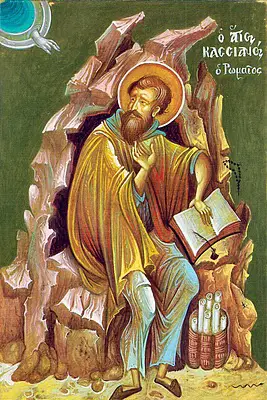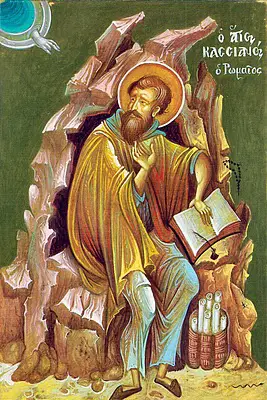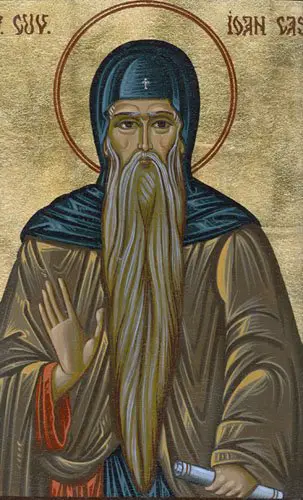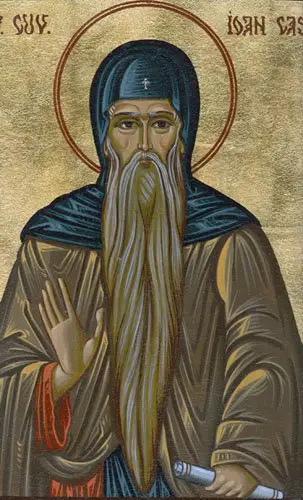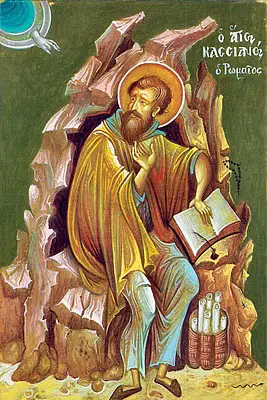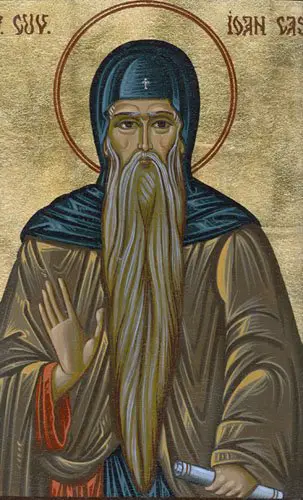St. John Cassian: When we have attained some degree of holiness we should always repeat . . .
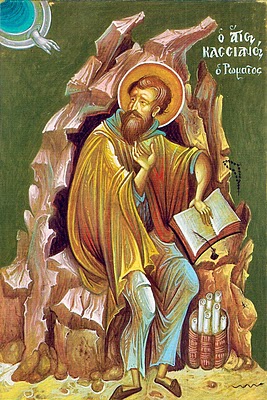
“When we have attained some degree of holiness we should always repeat to ourselves the words of the Apostle: “Yet not I, but the grace of God which was with me’ (1 Cor. 15:10), as well as what was said by the Lord: ‘Without Me you can do nothing’ (John 15:5). We should also bear in mind what the prophet said: ‘Unless the Lord builds the house, they labor in vain that build it’ (Ps. 127:1), and finally: ‘It does not depend on-man’s will or effort, but on God’s mercy’ (Rom. 9:16). Even if someone is sedulous, serious and resolute, he cannot, so long as he is bound to flesh and blood, approach perfection except through the mercy and grace of Christ. James himself says that ‘every good gift is from above’ Jas. 1:17), while the Apostle Paul asks: ‘What do you have which you did not receive? Now if you received it, why do you boast, as if you had not received it?’ (1 Cor. 4:7). What right, then, has man to be proud as though he could achieve perfection through his own efforts?”
+ St. John Cassian, The Philokalia: The Complete Text (Vol. 1), “On the Eight Vices: On Pride”

